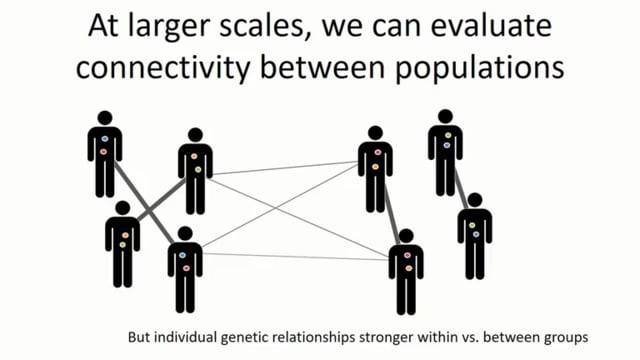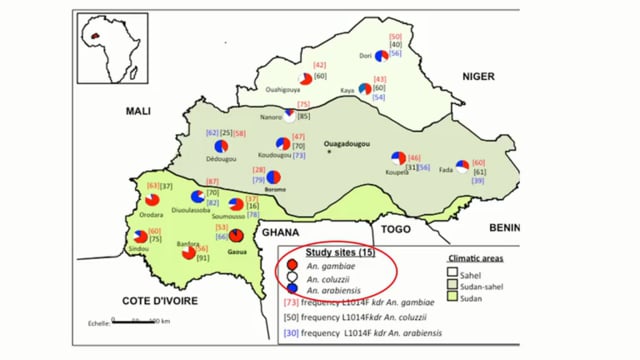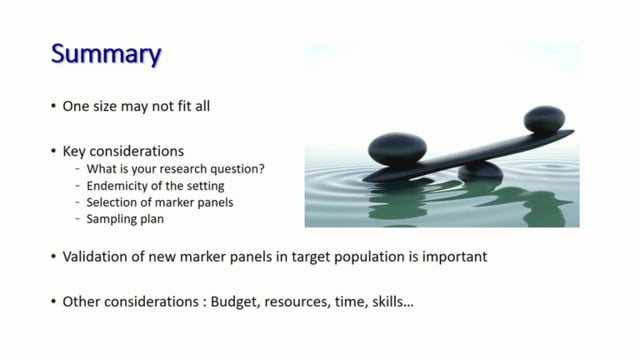ASTMH 2017, Bryan Greenhouse: “Tracking the local and regional spread of Plasmodium falciparum in low transmission settings of Africa”
Published: 06/11/2017
In collaboration with ASTMH, Image Audiovisuals, and session presenters, MESA brings you this webcast from the 66th ASTMH annual meeting in Baltimore, November 2017
Title: “Tracking the local and regional spread of Plasmodium falciparum in low transmission settings of Africa”
Speaker: Bryan Greenhouse, University of California, San Francisco
Session information:
Monday, 6 November, 4:00 – 5:45 PM, Convention Center – Room 321/322/323 (Level 300)
Abstract:
Being able to accurately diagnose and track the spread of infectious disease is critical to develop public health policies and practice. However, slow data generation and analysis times due to the lack of standardized and streamlined workflows have limited this technology to the research realm. Molecular tools hold great promise for malaria control and elimination, but efficient development of such tools requires coordination by the malaria research community on best practice, and to share ideas and experiences. This symposium will bring together four experts in malaria molecular and genomic epidemiology who are developing methods for genotyping parasites and associated analytical tools to monitor population structure and track parasite flow and origins. Working in diverse malaria endemic areas including Africa, Southeast Asia, South America and Oceania and on both major human malaria parasites, P. falciparum and P. vivax, these researchers are developing these tools to support the goals of national malaria control programs. They will discuss their unique approaches and experiences in the development of these tools and future perspectives for this growing area of research. Speakers will focus on different panels of markers including whole genome sequencing, single nucleotide polymorphisms (SNPs), microsatellites and drug resistance loci. This symposium aims to advance several goals such as: (i) bring together leaders in the field to share their insights with each other and the wider community, (ii) identify others in the community interested in conducting these studies or already working in this area, (iii) discuss the potential of a universal approach in addition to specialized local approaches designed specifically to target certain populations and (iv) develop a set of agreed minimum markers as standard for large genotyping studies in order to allow different datasets to be combined. This will ensure the research and malaria control communities gain maximum benefit from ongoing studies, and the translation of this important research to useful tools for malaria endemic countries aiming to eliminate the disease.
THEMES: Basic Science | Measurement of Transmission


